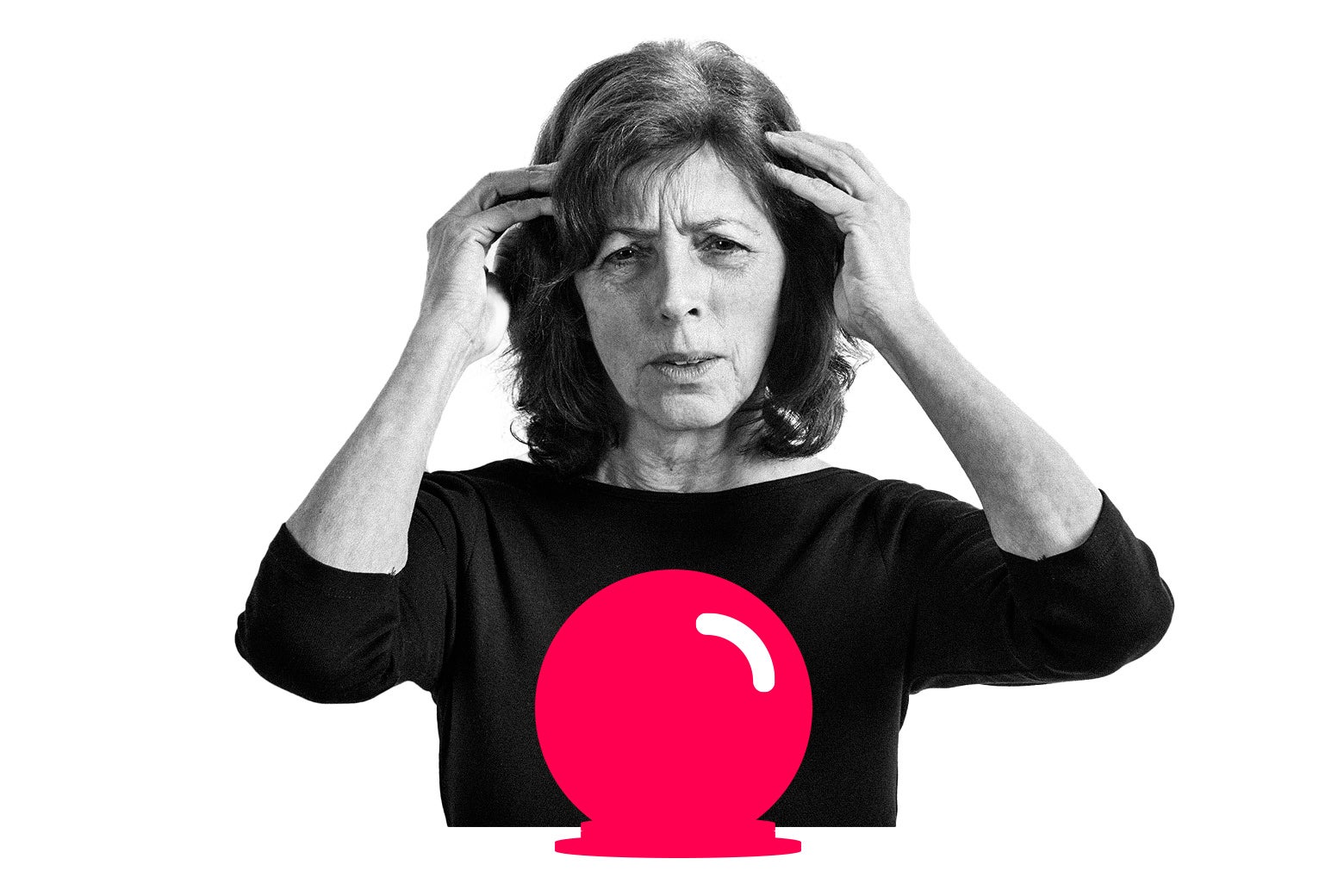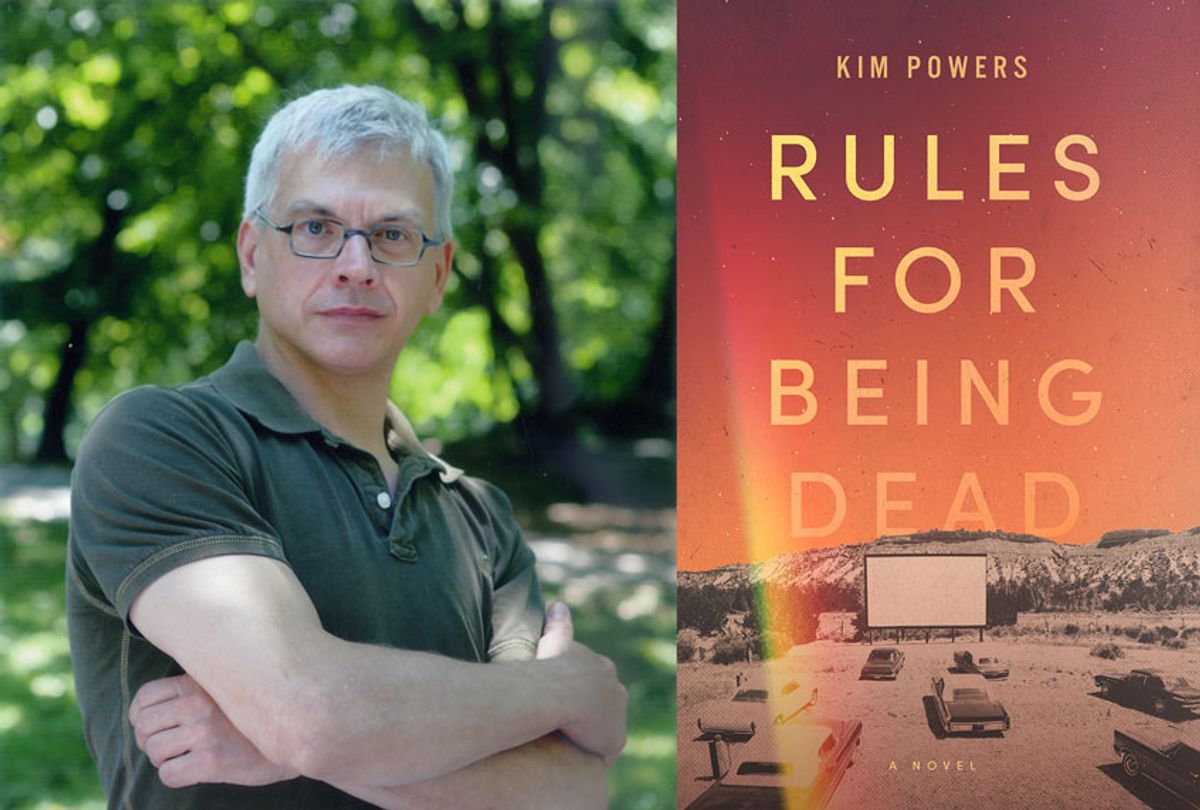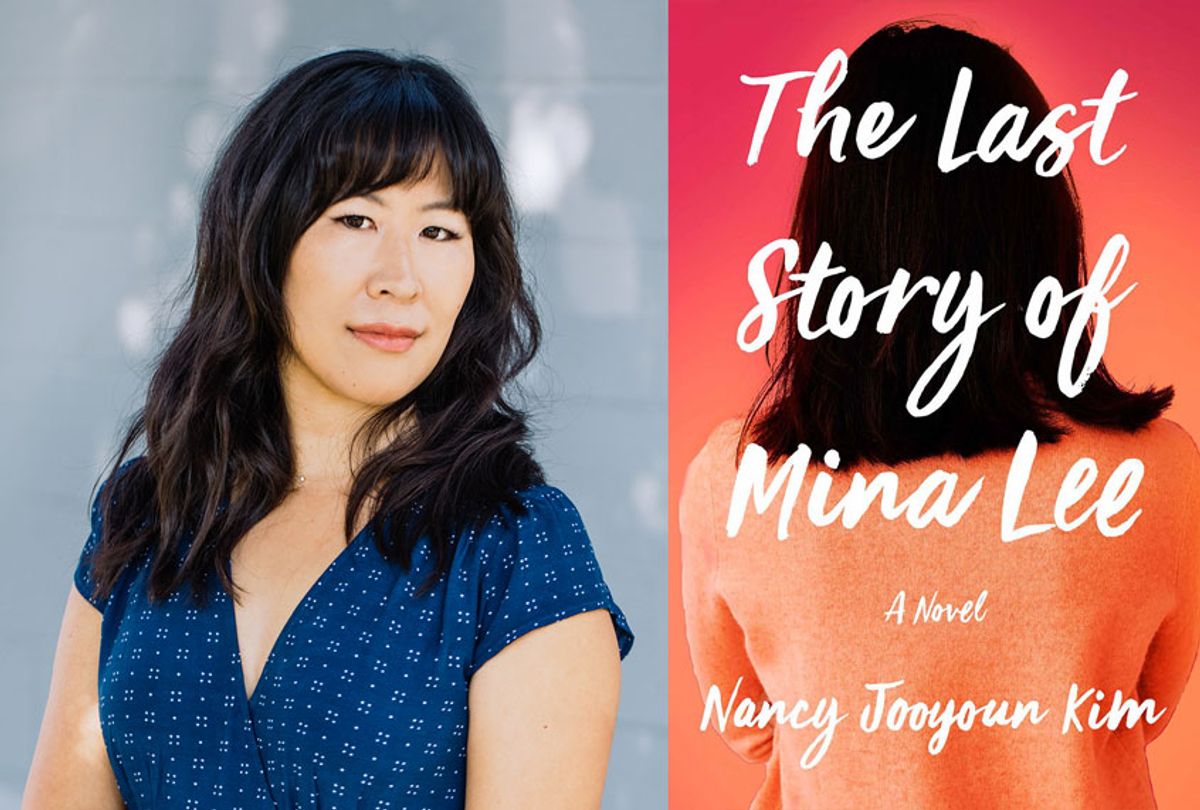
"Did you write this because you wish your mother was dead?": No — the exact opposite
SalonAfter learning the premise of my novel about a young woman's pursuit of the truth of what happened to her mother on the night of her mysterious death, several people have asked only somewhat jokingly: "Did you write this because you wish your mother was dead?" Yet my mother stayed here because she didn't think it would be responsible to displace her children in another country, South Korea, where we didn't speak the language or know the culture. There I developed the fear that my mother, 1,100 miles away in Los Angeles, could die suddenly without me there, as if I was the one who assembled her each day, animating her into life. But it took me years of adulthood, at least a decade after my father died, to admit to myself the truth: I felt responsible for my mother's life because in secret I had internalized all the beliefs about her that I learned from this country, its culture — that because she didn't speak English she was childlike, that because she didn't have a husband, she should be frightened all the time, that because she was poor, she would always be vulnerable and weak. Through the death of the protagonist's mother in my novel, I was forced to reckon with the fact that maybe, despite my sense of resentment toward my mother growing up, I needed her, a foreigner, as a place to direct my sense of anger toward the world, unjust and cruel to so many, and to direct my love for life as well, in the details of the tenderness that can exist between a mother and daughter.
Discover Related


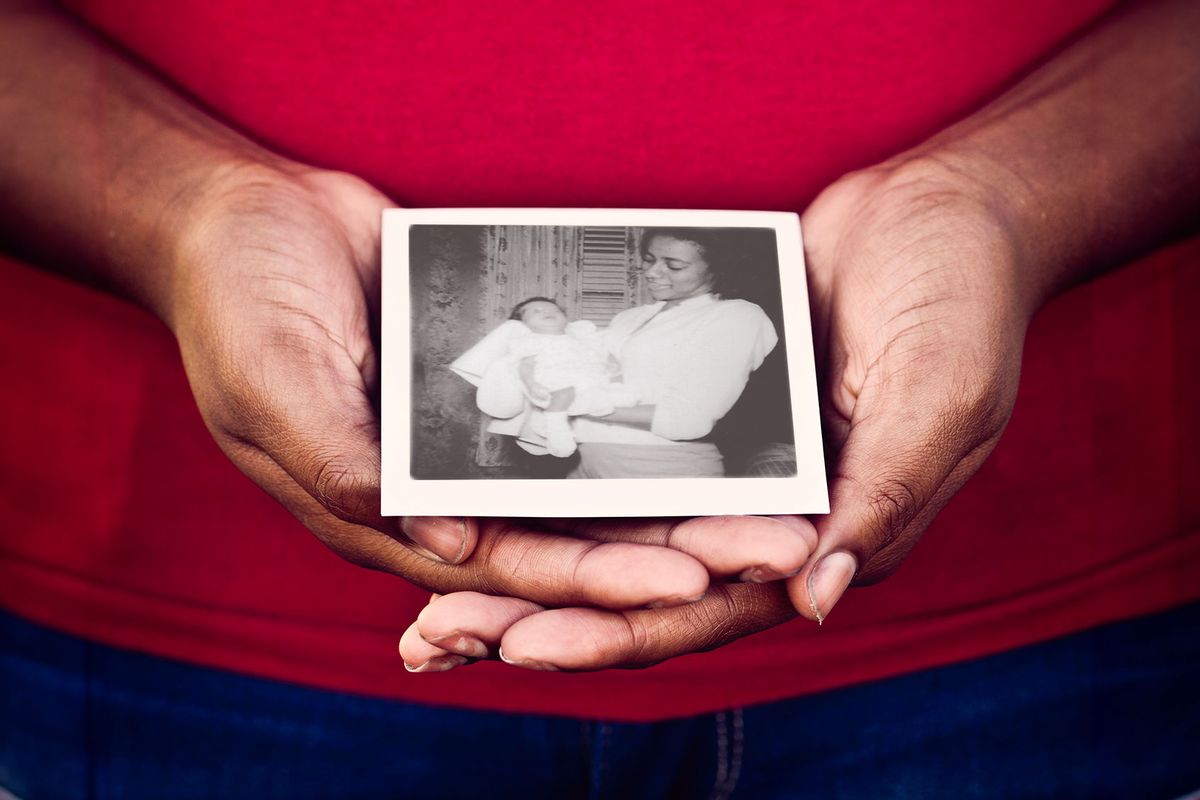


















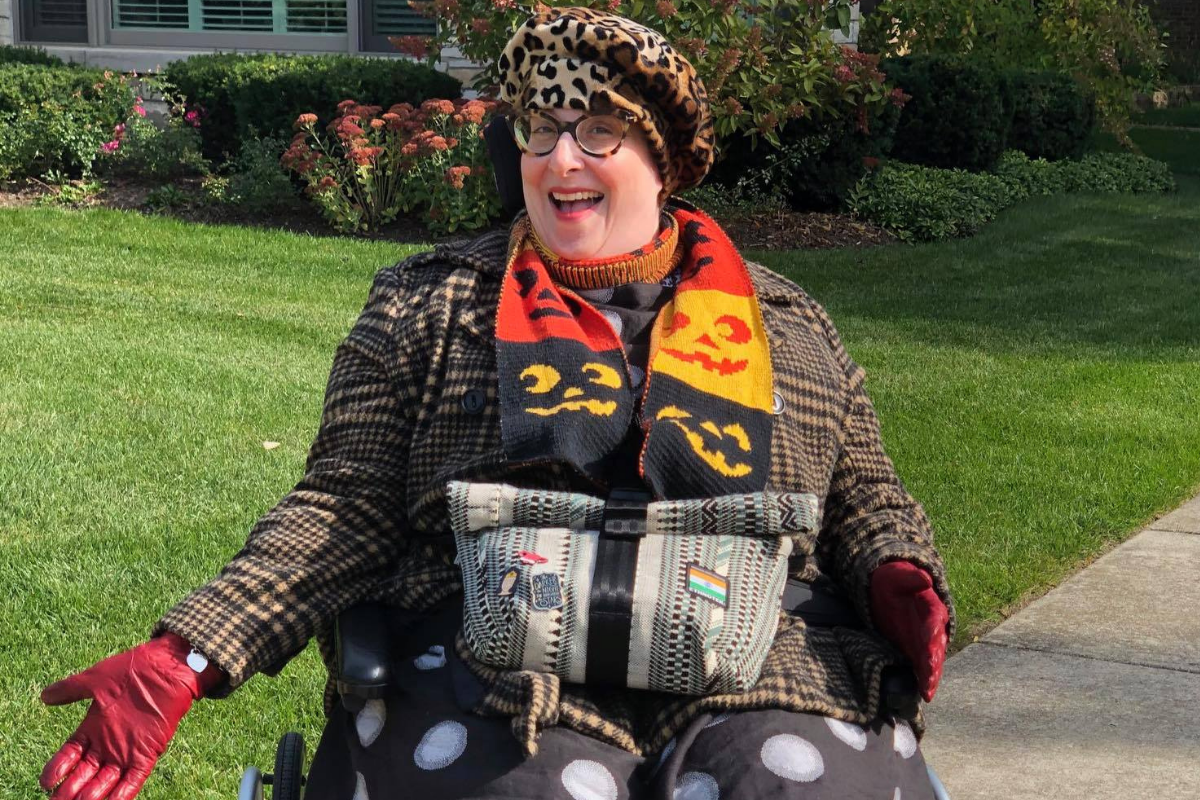)
